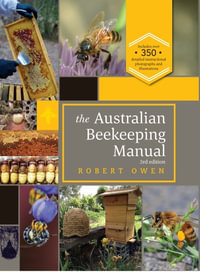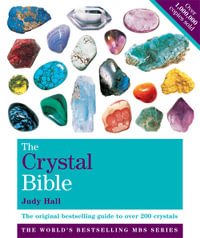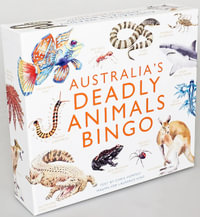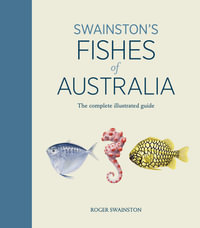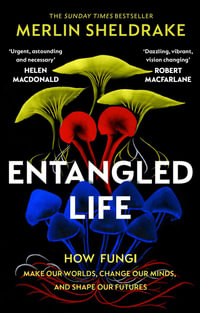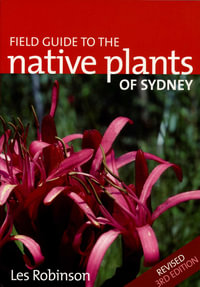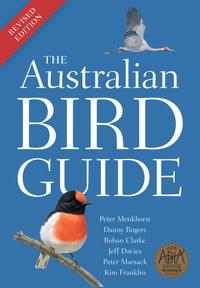Monumental epic poem tells the heroic story of Aeneas, a Trojan who escaped the burning ruins of Troy to found Lavinium, the parent city of Rome, in the west. Considered the greatest Roman poet, Vergil spent over a decade working on this monumental epic poem, which has been a source of literary inspiration and poetic grandeur for more than 2,000 years. Its twelve books tell the heroic story of Aeneas, a Trojan who escaped the burning ruins of Troy to found a new city in the west. This city, Lavinium, was the parent city of Rome. Drawn by divine destiny after the fall of Troy, Aeneas sailed westward toward the land of the Tiber. After many adventures, he and his men were shipwrecked on the shores of Carthage, where Aeneas and Queen Dido fell in love. Reminded of his duty, however, Aeneas sailed on. After visiting his father in the underworld, Aeneas saw the future of the Roman people and their exploits in peace and war. Eventually he arrived in Italy, where he and his men struggled valiantly to secure a foothold for the founding of Rome. Vast in scope, crowded with exciting adventure and heroic deeds, the Aeneid was Vergil's imagined account of Roman beginnings and a tribute to the history, character and achievements of the Roman people. On the other hand, its depth, vision and empathy with human suffering make the poem relevant to the general human condition. Now this enduring multileveled masterpiece is available in this republication of a standard unabridged translation, the most inexpensive complete version available.
Industry Reviews
After giving us perhaps the finest modern versions of Homer (rivaled only by Lattimore), Fitzgerald has now translated a spirited, eloquent, fresh Aeneid - though some will still prefer Allan Mandelbaum's. Fitzgerald has had his eye on Virgil for many years - he edited Dryden's Aeneid, with notes and an expert Introduction, in 1964 - but his own poetic voice is decidedly un-Virgilian: brisk, bold, hearty, a sociable baritone. His irregular pentameters, with continual enjambment, come in great fluid rushes (less "faithful" but more readable than Mandelbaum's slower-paced lines), often making a spring tide of a quiet Virgilian stream. Virgil's discreet rhetorical emphasis sometimes becomes startlingly colloquial: e.g., "Fortune has made a derelict/ Of Sinon, but the bitch/Won't make an empty liar of him, too." And even when Fitzgerald tries to echo the original, he can't help sounding more direct and homespun. Lively rather than exquisite, vigorous and risky, with only a few outright anachronistic clinkers: the most accessible Aeneid (since Dryden, anyway) for a Latin-less modern audience, especially helpful in sustaining readers through the often-wearisome battle scenes in the later books. (Kirkus Reviews)






